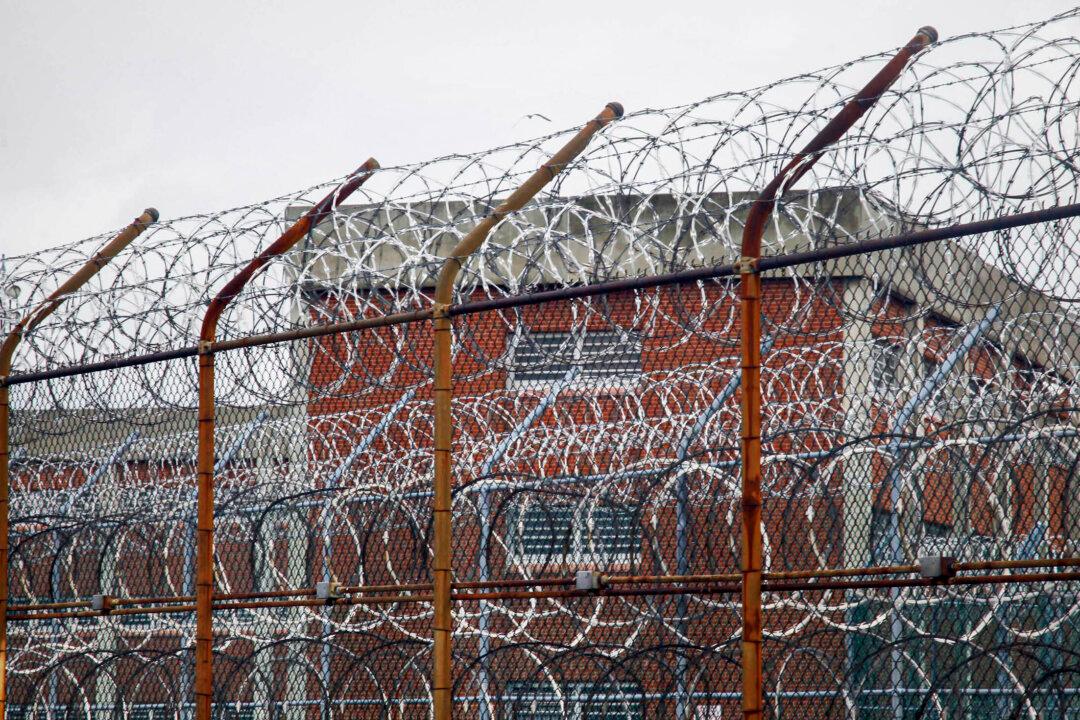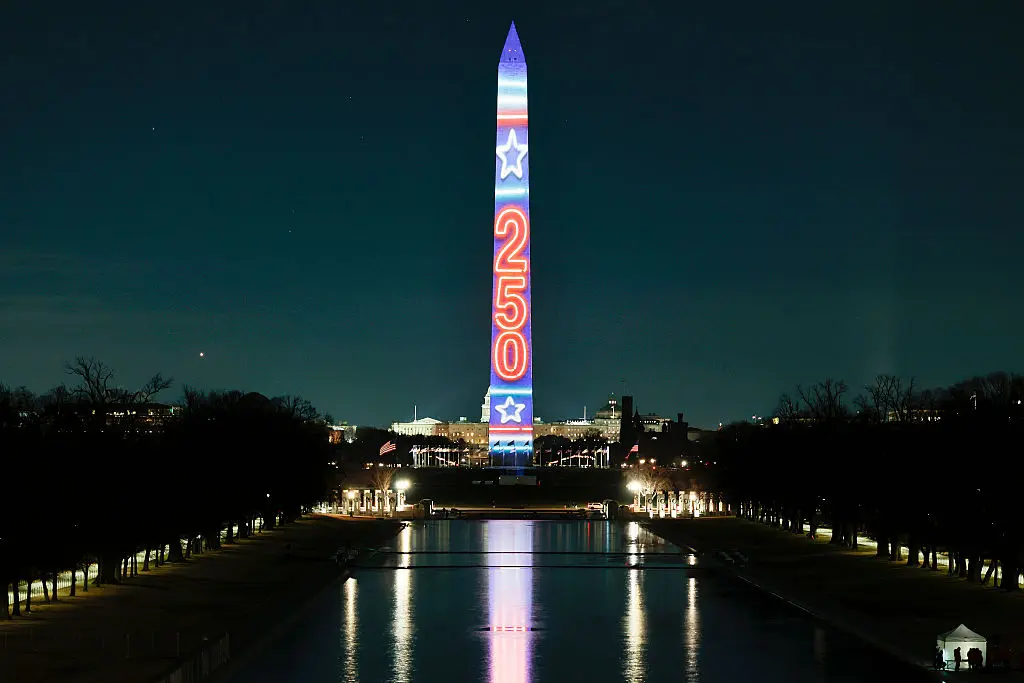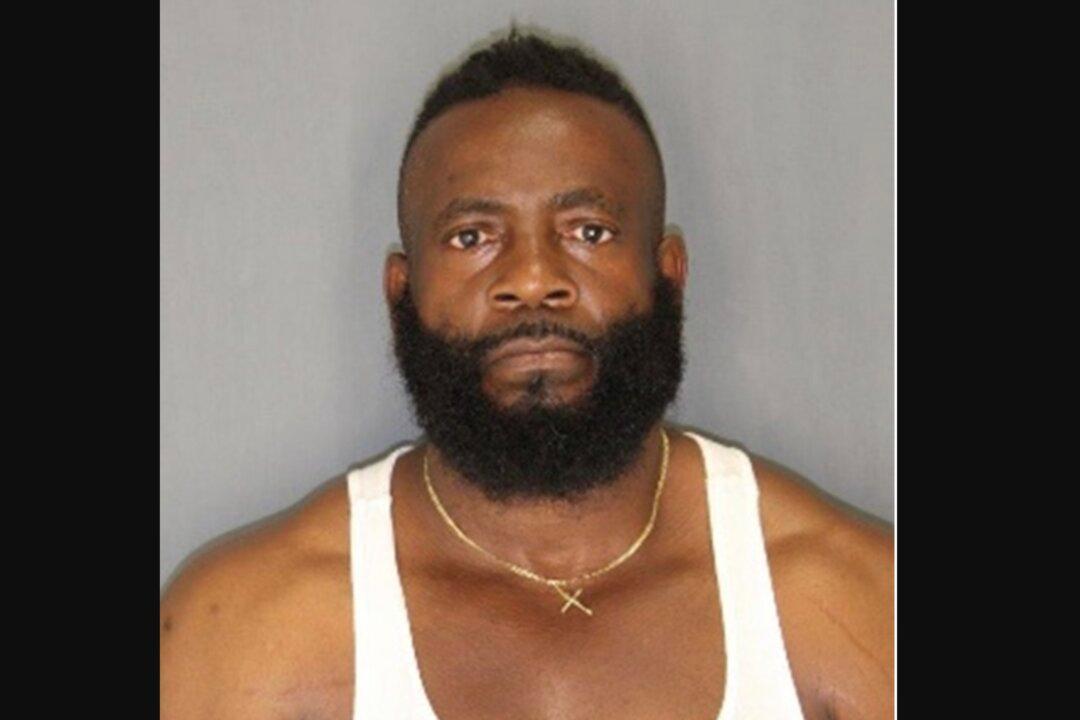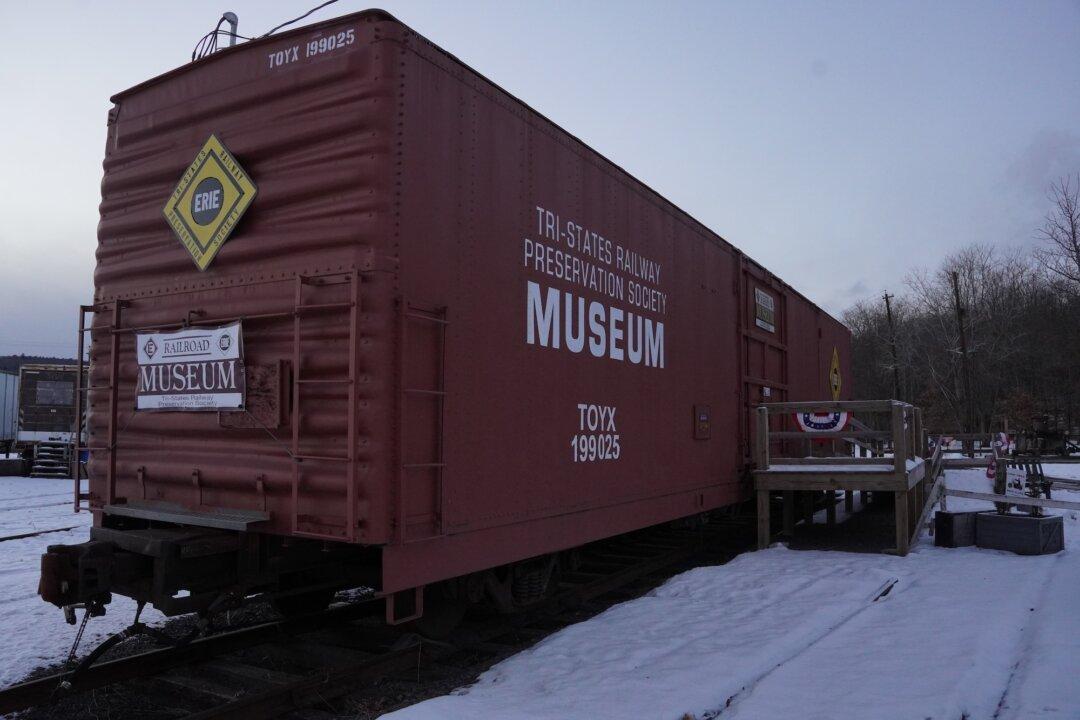NEW YORK—Visitation to all New York state prisons has been halted, and more than 3,500 National Guardsmen have been deployed to fill in for correction officers who are on strike.
Since Feb. 17, the number of prisons with strikes has grown from two to about 30 of the 42 state prisons, according to officials from the New York State Correctional Officers and Police Benevolent Association Inc. (NYSCOPBA).





